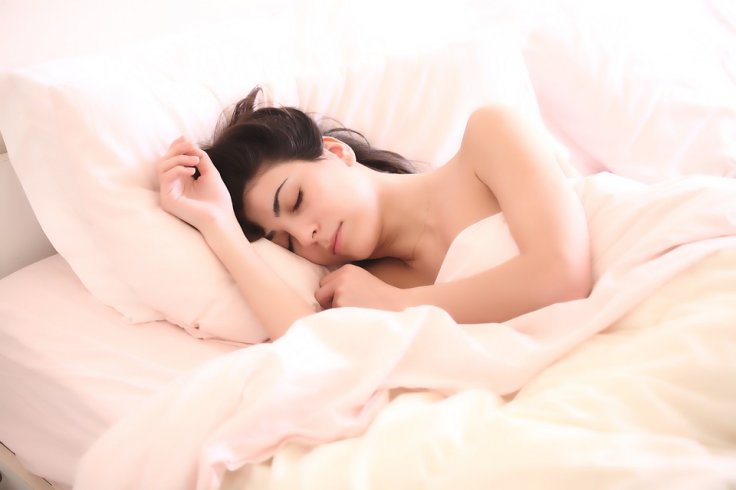During the menopause transition, sleep complaints are very common as 40% to 60% of women perimenopausal and postmenopausal women get affected by this and often sleep-related problems lead to major health issues in a women such as cardiovascular disease, diabetes, depression, and anxiety, said a new study.
The study, published online in Menopause, the journal of the North American Menopause Society (NAMS), has found that women during menopause suffer from increased sleep deprivation and associated problems.

Though several previous studies have already examined age-related sleep problems, none of them considered the effect of menopause status. In this latest study, Researchers have compared sleep quality, sleep duration, and sleep disorders between postmenopausal and pre/perimenopausal to know the exact cause of such disorder as a woman progressed through the menopause transition.
6,100 Canadian women studied
The latest research, which involved more than 6,100 Canadian women, suggested that multiple specific sleep disorders can also be age related, including obstructive sleep apnea, periodic leg movements during sleep, rapid eye movement, and change in the normal sleep cycle.
The researchers observed that postmenopausal women required more time to fall asleep (in excess of 30 min) than premenopausal and perimenopausal women. They may also suffer from sleep-onset insomnia disorder and obstructive sleep apnea.
Menopause linked to insomnia
Dr. Stephanie Faubion, NAMS medical director, said: "This study highlights links between menopause and insomnia and obstructive sleep apnea. Given the known associations with poorer health, sleep problems should be identified and addressed in menopausal women."
Some previous reports had reported that women with rheumatoid arthritis are likely to suffer a greater decline in physical function after menopause, affecting joints in the hands and feet. The findings indicated that menopause has a significant impact on the level and rate of functional decline in women with rheumatoid arthritis and is associated with a worsening progression of the effects of the disease.









